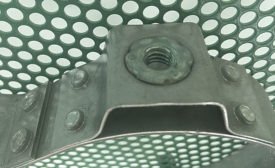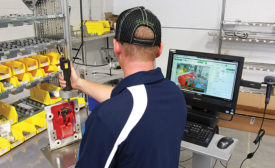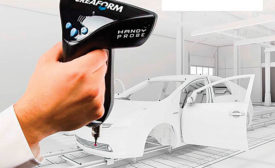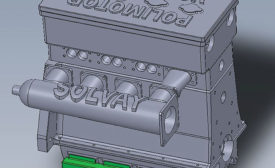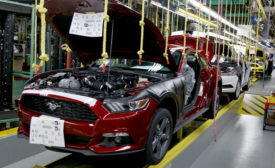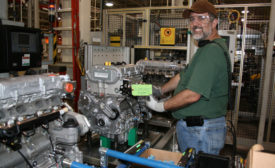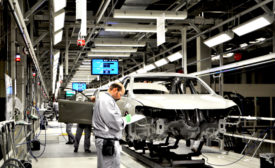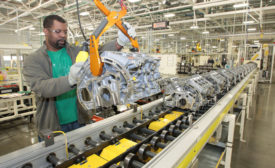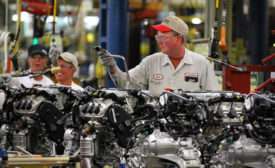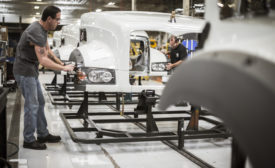Automotive Assembly
Mixed-Model Assembly Is Key to Profitability
Assembly lines today must be as flexible as possible without compromising efficiency.
May 5, 2016
Never miss the latest news and trends driving the manufacturing industry
Stay in the know on the latest assembly trends.
JOIN TODAY!Copyright ©2024. All Rights Reserved BNP Media.
Design, CMS, Hosting & Web Development :: ePublishing
